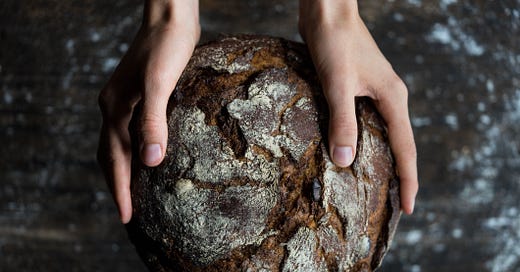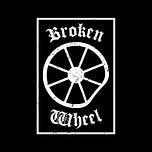- If a man fathers a hundred children and lives many years, so that the days of his years are many, but his soul is not satisfied with life’s good things, and he also has no burial, I say that a stillborn child is better off than he. -
I told you chapter 6 was bleak.
What defines a good life? I’m sure that ancient people, those from 150 years ago, and modern people have different answers.
They would pick the same overarching concepts, such as meaning, but their paths would have stark contrasts.
Having 100 children? That feels decidedly ancient. We struggle just getting some couples to donate “a” child back to society.
Fair enough. Birth control has changed the way people think about their fertility, not to mention the money required to support that many kids would be astronomical.
Ancient people battled disease, complications in giving birth, and famine in a way we can’t imagine. Having the wealth and good fortune to have 100 children would’ve been immense.
The man Solomon speaks of has the money to make this happen, not to mention the various sexual relationships to achieve it.
Not only is he gifted with this immense wealth and prestige, but he also has good health. Long life in ancient times was not guaranteed.
The man is rich for his times and has the health to go along with it, all the trappings of success.
Yet, he cannot be satisfied with life’s good things. What are those? Feasting and enjoying our work.
Sure, he has all the kids, wealth, and long life one could ask for, he just can’t be satisfied with it. Why?
That’s hard to say. Maybe he wants more than life can give or perhaps his riches require so much maintenance he doesn’t have time for the good things.
Something is wrong, because no one buries him. Either his family is killed by invaders so no one is left to carry it out, or no one wants to.
I think we are supposed to read it as the latter. This goes back to the man who lost his riches due to his greed, except it seems this man didn’t lose them.
He had a good life, riches and health, but he never lived in joy, pushing away all his relationships with that absence.
Not a happy existence. It’s one that misses the mark by degrees, and it leaves us with an empty feeling, praying that’s not us in the end.
But, there’s a part of us two that looks at the complexities of life and says, “You know, I’d hate to end up there, but there are definitely worse ways to end up, like dying jail.”
Solomon’s response? Your better of as a stillborn child than this man.
Whoa. That’s dire. I don’t want to be this guy, don’t get me wrong, but I’d rather be him and alive than never been.
Life is finite; is it better to survive or find truth? Would you rather have a filled belly or your spiritual needs meant?
Maslow’s hierarchy of needs tells us that you need to be fed before you can seek enlightenment, that you’ll place your survival over doing what is right.
The truth? That’s not Maslow’s theory at all. The pyramid shows all the needs you experience. Why a pyramid? To show which one’s we hold in the highest regard, the most important.
Solzhenitsyn wrote about this in the Gulag Archipelago. Who could make it through the artfully cruel Soviet prisons?
Those who had faith in Jesus Christ; there, in that dark dungeon, the words of the desert were proven true.
Man does not live by bread alone.














Share this post